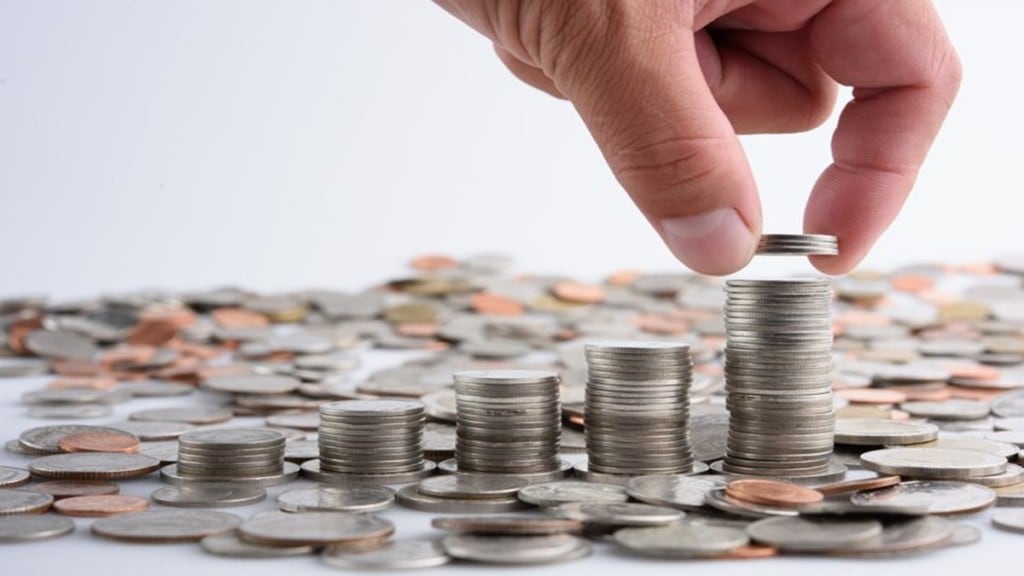Economists have warned the government against a sharper fiscal consolidation than announced as they presented their views to the finance ministry on Friday as part of the pre-Budget consultations.
Reducing personal income tax rates to boost consumption, and increasing capex, were the other key recommendations.
According to sources, the economists told the ministry officials to introduce a policy to spur manufacturing, which has remained lacklustre in the current financial year so far. The meeting with economists was the first pre-Budget that the finance ministry held for seeking views on the Budget for FY26, which will be tabled in the Parliament on February 1, 2025.
Speaking to reporters after the meeting, Swadeshi Jagran Manch National Co-convenor Ashwani Mahajan said recommendations were made to increase investment, and also on controlling food inflation and dealing with climate change.
An economist, who attended the meeting told FE: “The government can go slow on fiscal consolidation, as growth has to be supported right now. The government had set a 4.5% fiscal deficit (as % of GDP) target for FY26, that should not be lowered.”
In the current financial year, economists say that the fiscal deficit may be lower than 4.9% pegged in the Budget, as capex outgo is slower than projected. In April-October, the Centre’s capex was merely Rs 4.66 trillion, which is 42% of the Budget aim of Rs 11.11 trillion. In the same period of FY24, the capex stood at 55% of the Budget target.
“The capex could be lower by Rs 1 lakh crore. Next year, the capex should be pushed up substantially, and not slightly,” said another economist.
In H1, GDP growth has been 6%, and for the full year, it’s likely to be 6.6%. Earlier, the RBI had projected growth rate at 7.2%, but the underwhelming data for first half prompted the central bank to slash its forecast by 60 basis points.
Real gross domestic product (GDP) registered a lower than expected growth of 5.4% in Q2FY25 as private consumption and investment decelerated even while government spending recovered from a contraction in the previous quarter, RBI said in its monetary policy statement for December. “On the supply side, the growth in gross value added (GVA) during Q2 was aided by resilient services and improving agriculture sector, but weakness in industrial activity – manufacturing, electricity and mining – tempered overall growth,” it said.
Another economist Anil Sharma, who attended the meeting, said that there were also suggestions with regard to cut in personal income tax to increase consumption, which is tepid in urban areas.
